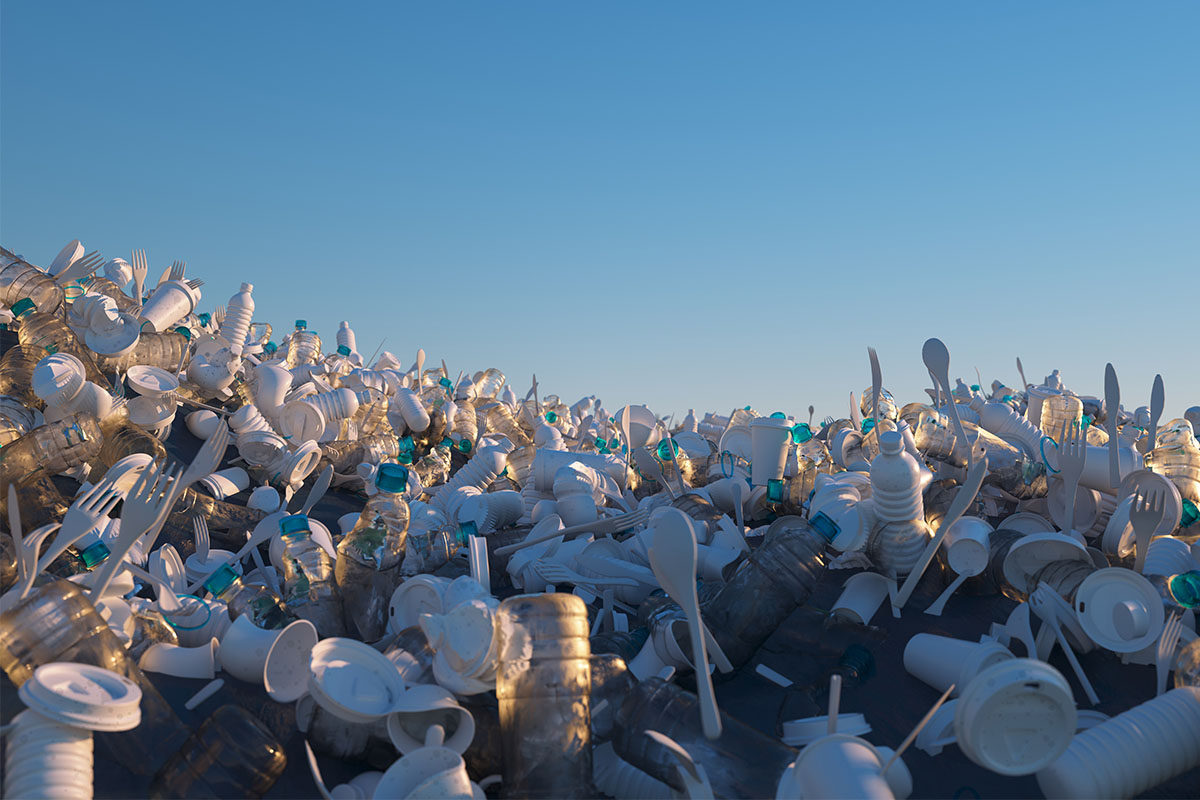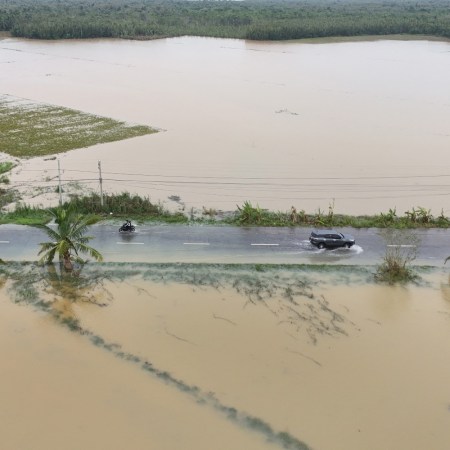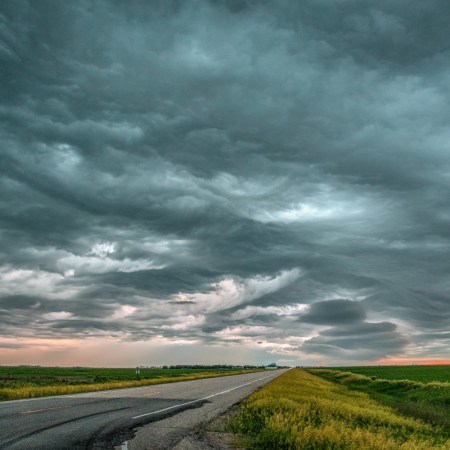Nearly 40% of Americans consume fast food on a given day. That level of consumption has an obvious impact on public health. But it’s an equally alarming statistic for climate experts. A single meal from McDonald’s, Taco Bell or Subway can contain up to five different kinds of plastic, which simply can’t be recycled together.
As Judith Enck, the president of Beyond Plastics, and Jan Dell, the founder of the Last Beach Cleanup, outlined in a recent essay for The Atlantic, there are actually thousands of various kinds of plastic, which are broken down into trillions of tiny pieces once they reach waste centers. These pieces contain different chemicals depending on their density, shape, flexibility and color. And because plastics are chemically-reactive (unlike metal or glass) to processes meant to burn or break them down, those differences are extremely important.
Our recycling bins more or less mimic the plastic fallout of a fast food feast. They contain all sorts of polyethylene and polypropylene that should be sorted differently for safer, more efficient recycling, but never are. We assume that as long as we avoid single-use plastics, we’re doing alright. We think the simple key is to never throw plastics into the garbage (which would ensure that plastic will end up in a landfill for the next 450 years).
That said, putting coffee cups in blue bins is not really having the impact we’ve imagined. Plastic recycling is a barely veiled scam, on par with the deceptions flouted by Big Tobacco throughout much of the 20th century. Consider: just 5% of post-consumer plastic waste was recycled in 2021. A few years back that number was higher (it reached 9.5%), but that was only because we were shipping our bottles, lids and forks to China…which, for some reason, counted as recycling.
The plastic-recycling process suffers from a host of interwoven issues. It’s flammable, it’s toxic, it’s expensive (far more expensive than just creating new plastic), it’s rarely cleared to support a second life in food packaging, and it’s even capable of contributing to carbon emissions — “chemical recycling” breaks down mixed plastics in cement kilns, which creates a harmful fossil fuel.
If you take this cycle all the way back to that fast food burger, the cost on the planet is unthinkable: trees cut down for livestock, hundreds of gallons of water used for a single quarter-pounder, packaging products that are burned as a fossil fuel, fewer trees to suck those carbon emissions from the atmosphere. No wonder the planet is suffocating.
Enck and Dell offer a number of solutions: “[By] enacting bans on single-use plastic bags and unrecyclable single-use plastic food-service products, ensuring widespread access to water-refilling stations, installing dishwashing equipment in schools to allow students to eat food on real dishes rather than single-use plastics, and switching Meals on Wheels and other meal-delivery programs from disposables to reusable dishware.”
It would be nice to hold the plastics industry accountable (for reference: Coca-Cola, PepsiCo & Nestlé are the three biggest sources of plastic pollution in the world, across 42 countries), but don’t bank on an apology anytime soon. Instead, as the authors urge, we should try to pass effective laws, and work to limit consumption in our own lives. Just don’t let this discourage your commitment to recycling other forms of waste. The statistics for aluminum, cardboard, paper and glass are fantastic. That’s real recycling. Plastic recycling, alas, has long been a mirage.
Thanks for reading InsideHook. Sign up for our daily newsletter and be in the know.


















